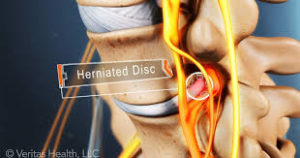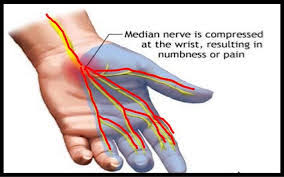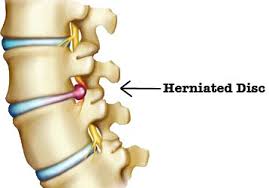Welcome to Riverside EMG!
Located in Kingston, Pennsylvania, we are centrally located in the Northeast – approximately 2 hours north of Philadelphia, 2.5 hours west of New York City, and 90 minutes south of the NY State border. We also do mobile testing throughout the Greater Philadelphia area. Check out our Mobile Testing Locations link above for details.
Riverside Neurodiagnostics provides Nerve Conduction Studies and EMG (electromyography) testing for patients needed answers about their pain that may (or may not!) be related to various physical conditions they have been diagnosed with.
There are two parts to a Nerve Conduction Test. Part One involves a nerve conduction test and Part Two is a electromyogram. Both parts are necessary in determining what is causing your problem and in managing your specific wellness goals. The purpose of the test is to make sure that all of your nerves are functioning properly and that there is no underlying disease of the nerves of muscles that may interact with any medication that may be prescribed to you.
Nerve disease can be in the form of pain, tingling or numbness in the arms, hands, legs or feet. It can also be associated with neck and/or low back pain as well as weakness in the arms or legs. Most peopledo not thing this may be an issue, but it can be the manifestation of nerve disease.
One example (there are many) would be diabetes which will cause a neuropathy (nerve damage) that this test will detect. Muscle disease can present itself with muscle pain, cramping, twitching and/or weakness. Even if you are not experiencing any of these symptoms, we perform this test and college data to establish a baseline for any pre-existing condition(s) you may have and not be aware of. This test insures that we obtain adequate knowledge about our client’s current medical condition.
We cannot emphasize enough that we are a proactive care giver and put your health and well-being first. We are here to guide you along the path to a better, healthier lifestyle and are looking for the underlying cause to any medical condition you may have.
Part One – Nerve Conduction Study
This test is done to find damage to the peripheral nervous system, which includes all the nerves that lead away from the spine and control all of our body’s functions. This test is often used to find nerve problems or disease such as Carpal Tunnel Syndrome, Thyroid problems, Diabetes or Guillain-Barr’e Syndrome. It is performed by placing a recording electrode on a specific site (the end muscle of the nerve we are testing), and by stimulating that nerve with an electrical impulse we are able to calculate the speed at which that nerve is firing at. This will test the motor and sensory nerves of the the upper and lower extremities.
Part Two – Electromyography
This test is done to find disease that damages muscle tissue, nerves, or the junction between nerve and muscle. These problem may include a herniated disc, amytrophic laterla sclerosis (ALS), or myasthenia gravis (MG). It is useful in determining the cause of weakness, paralysis, or muscle twitching. Problems in a muscle, the spinal cord, or the area of the brain that controls a muscle can cause these symptoms. This test is performed by inserting a fine needle (similar to an acupuncture needle) into the muscle being examined. This needle acts as an antenna that measure the electrical activity in the muscle and is graphied on a machine. The patient will be asked to contract the muscle, then relax it. As this is taking place, the electrical activity in the muscle is analyzed. With this test we can obtain a wealth of knowledge about how your nervous system is functioning. After taking the test, it will take a few days for the results to be interpreted and any questions and/or concerns will be addressed at that time, and any suggestions made.



